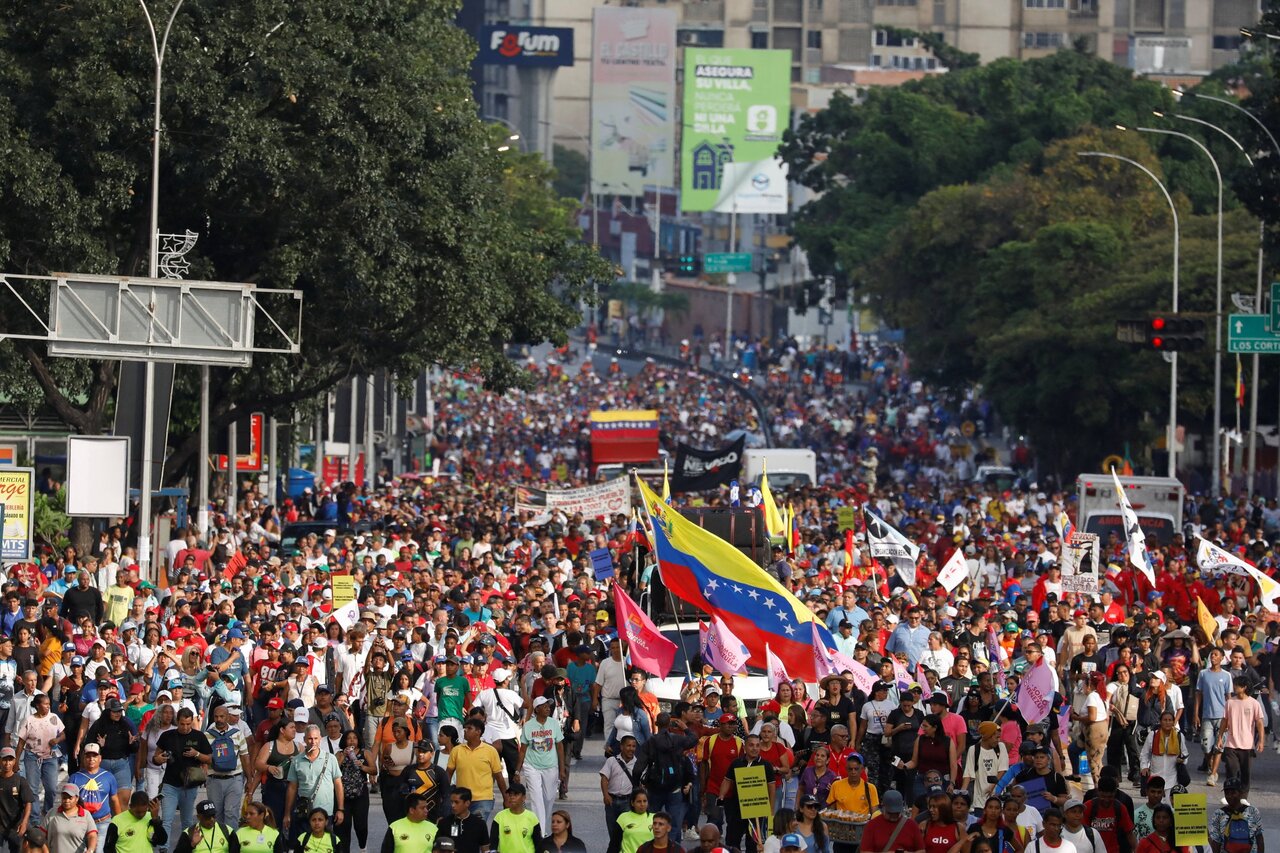From cocaine to crude: Unmasking the U.S. agenda in Venezuela

TEHRAN – U.S. media reports have blown the lid off the White House’s plans for regime change in Venezuela, revealing flimsy excuses for possible military action that simply don’t hold water.
Outwardly, the administration of President Donald Trump frames its potential escalation as a fight against drug trafficking, citing alleged cocaine and fentanyl operations in Venezuela. Yet reports from the U.S. and the United Nations suggest otherwise: Venezuela is not a major source of cocaine, almost none of the fentanyl entering the United States originates there, and many of the boats targeted by U.S. forces in the Caribbean cannot even reach American waters.
CNN reports that President Trump is considering strikes on cocaine facilities and trafficking routes inside Venezuela, even as officials acknowledge the country’s minimal role in the drug trade. The United Nations and U.S. Drug Enforcement Administration confirm that coca cultivation is concentrated in Colombia, Peru, and Bolivia—not Venezuela. Nevertheless, Secretary of State Marco Rubio and other officials have aggressively painted President Nicolas Maduro as a “narcoterrorist”, using these drug claims to justify possible military intervention.
Drop Site reporting sheds further light on the mechanics behind this campaign. Rubio, long a proponent of regime change, has redirected millions in the so-called “pro-democracy” funding toward military preparation, while U.S. contractors ramp up operations with combat boats, virtual training programs, and intelligence assessments. The leaked documents suggest a coordinated effort to position U.S. forces for action—echoing decades of covert interventions, from CIA operations to USAID-backed programs targeting Venezuelan institutions. Presented as “democracy promotion,” these programs have historically served U.S. strategic interests rather than those of the Venezuelan people.
The drug narrative is increasingly pretextual. Access to Venezuela’s oil resources appears to be the real priority, with regime change framed as the most efficient path to securing them.
Even military actions ostensibly targeting narcotics raise serious ethical and legal concerns. U.S. strikes on alleged drug boats have already killed dozens, with little evidence linking the vessels to smuggling capable of reaching U.S. shores.
Venezuelans are acutely aware of the U.S. underlying motives. As journalist Kleybergel González told the Tehran Times: “We Venezuelans are very clear that the U.S. government's true intention is to seize our natural resources, including oil and our rare earths in the south of the country. Therefore, many have responded by supporting President Maduro's calls for mobilization. Furthermore, we remain at work with a strong sense of patriotism and civic spirit, but alert to any U.S. military escalation.”
For decades, the U.S. has sought to influence Venezuela’s internal affairs under the guise of promoting democracy. From CIA covert operations to USAID and National Endowment for Democracy programs, Washington has consistently invested in shaping political outcomes to align with its economic and geopolitical interests. Today, those interests are clear: Venezuelan oil and other natural resources.
In short, the White House’s stated justification for military action—fighting drugs—is a thin veneer over a resource-driven agenda. Venezuelan sovereignty and stability hang in the balance while foreign interests pursue a prize that is not theirs to claim.
Leave a Comment